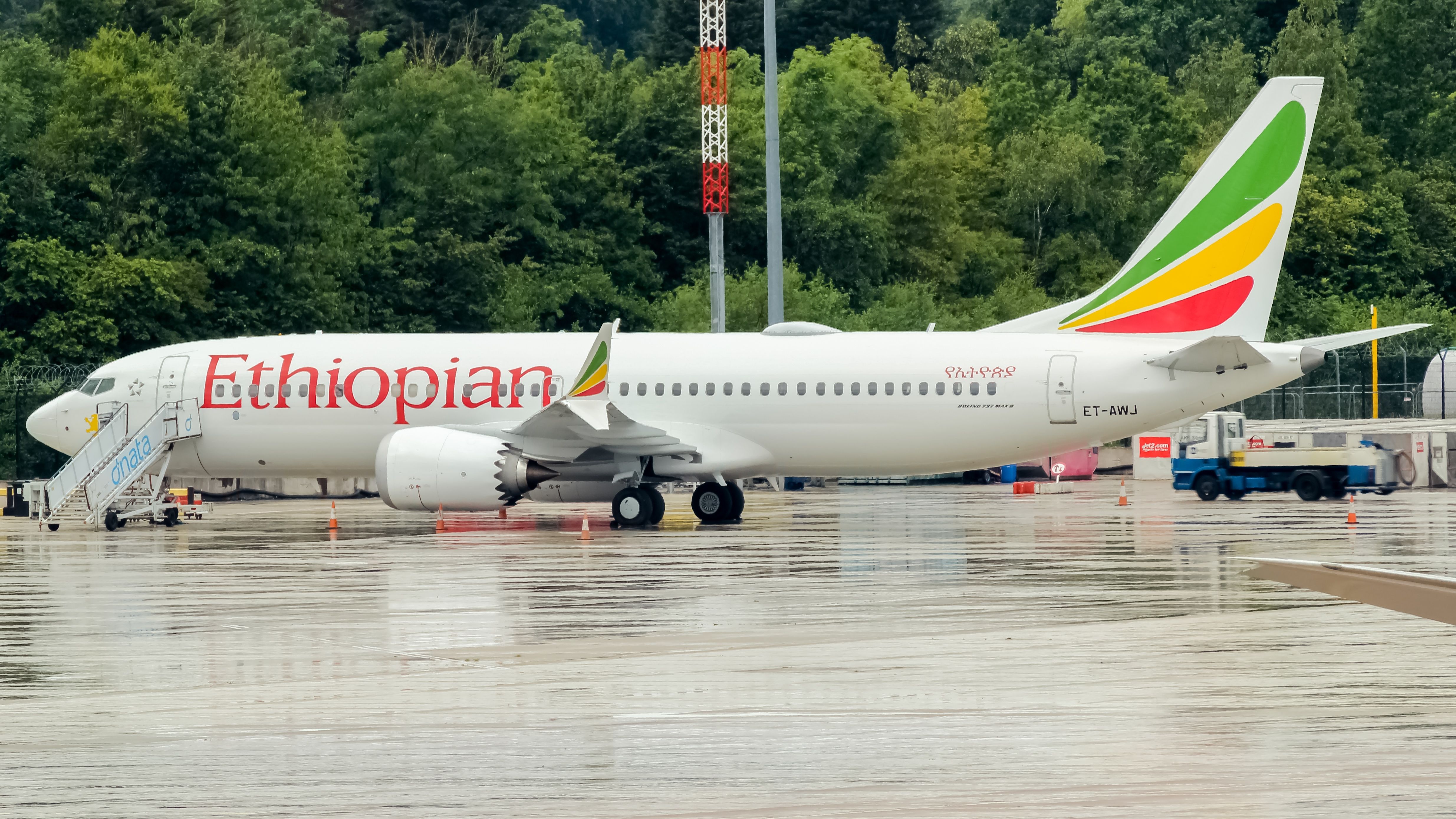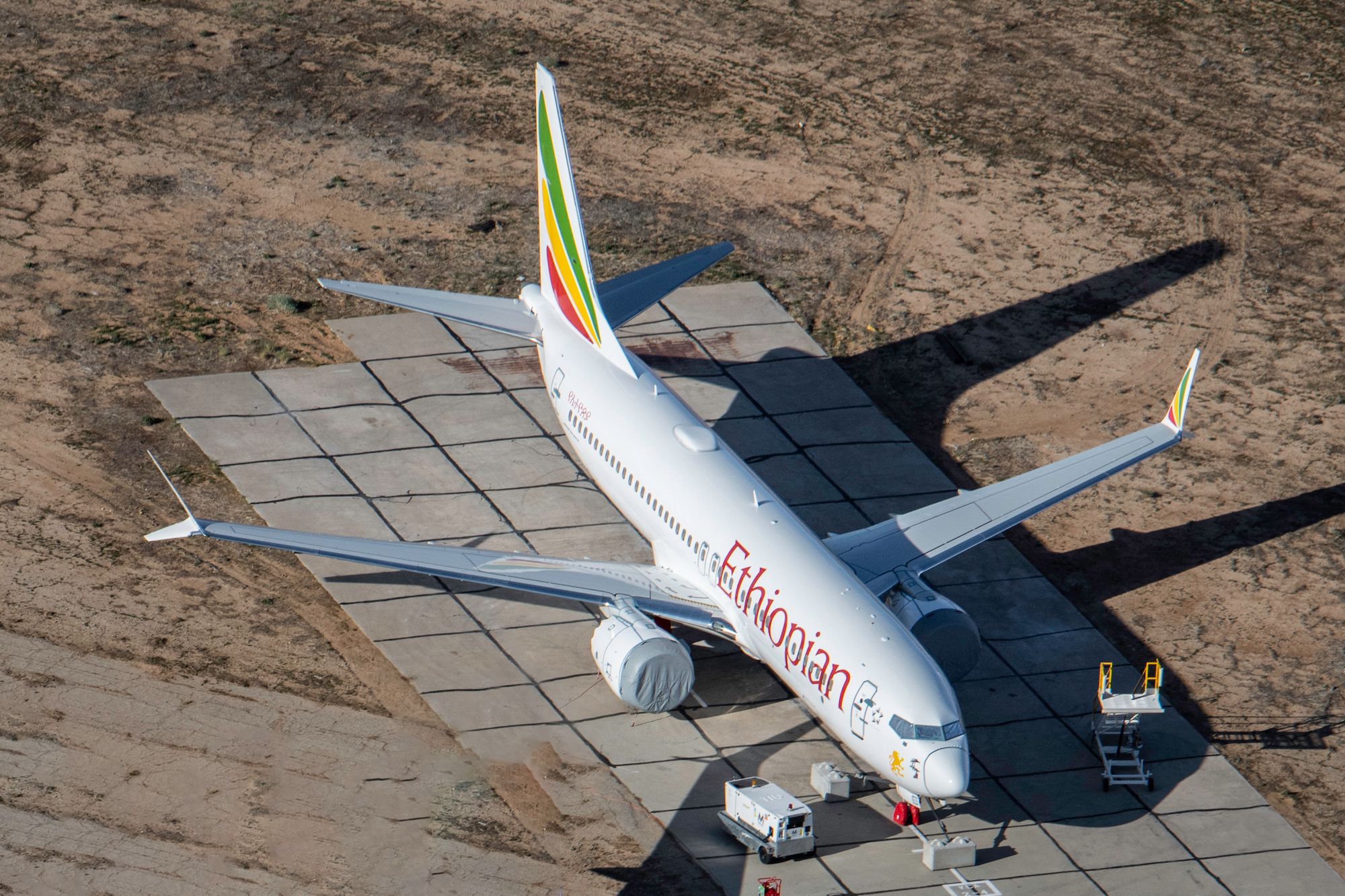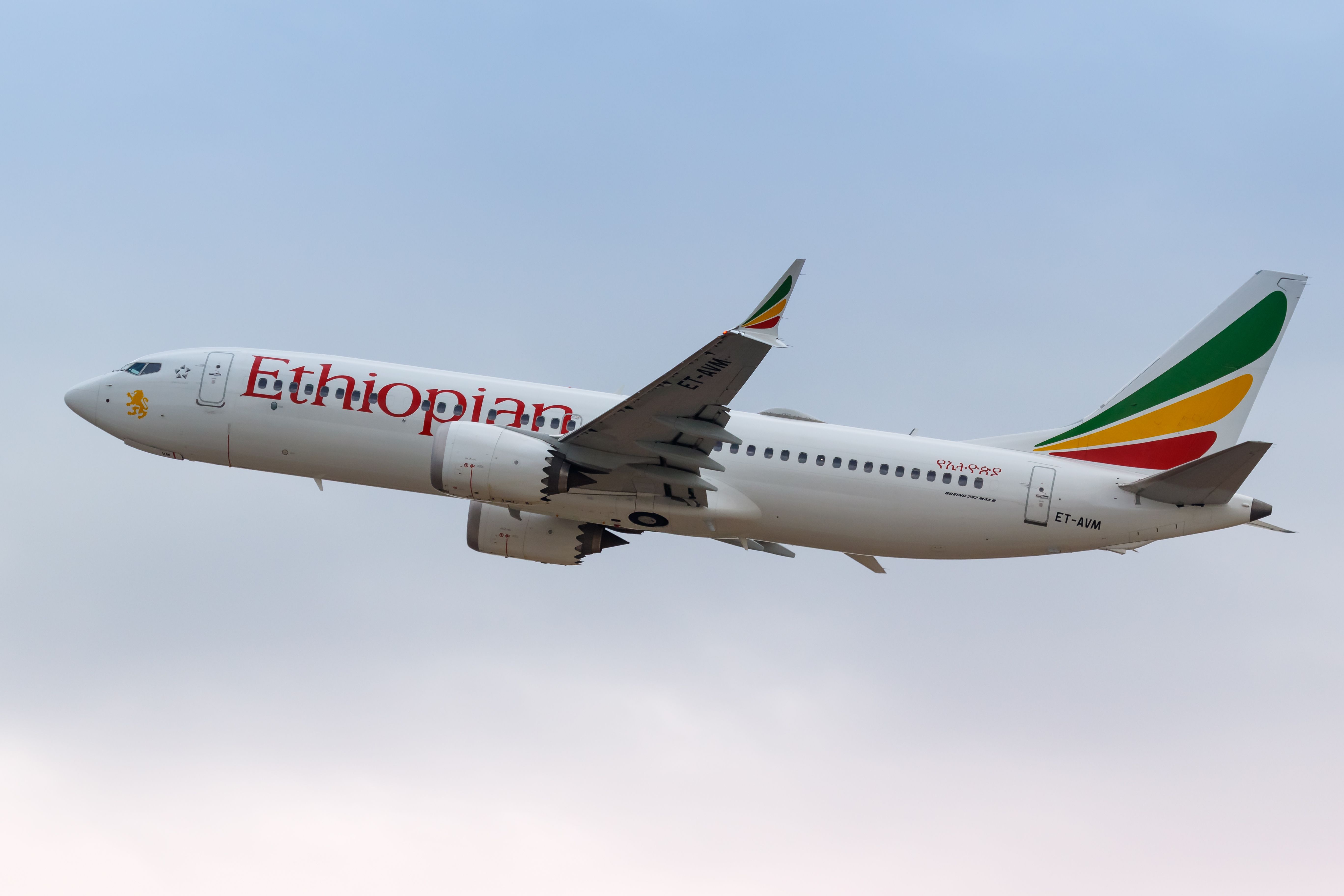The French Bureau d'Enquêtes et d'Analyses (BEA), brought in to assist Ethiopian authorities in 2019, is the latest to add additional comments to the investigation's final report. The BEA calls for Ethiopian authorities to amend the report on the 2019 crash of an Ethiopian Airlines Boeing 737 MAX 8 after concerns it submitted on the final draft were not included.
Last week, the US National Transportation Safety Board (NTSB) issued a supplementary statement of its own after its recommendations to Ethiopia's Aircraft Accident Investigation Bureau (EAIB) were not included in the final accident report on December 27th. The NTSB agrees with the probable cause of the incident but believes the investigation does not thoroughly elaborate on several factors, including a potential bird strike and crew actions, that could impact future aviation safety.
The BEA has now issued a statement following the exclusion of its comments in the EAIB report as well. The concerns raised by the French aviation authority regarding the analysis of the crew's performance and its contribution to the accident scenario (in particular during the first part of the flight) did not result in satisfying amendments to the final report. The omission led the NTSB and the BEA to request that their comments be appended to the final report.
The finalized EAIB report only contains a link to a BEA document which does not contain the comments the BEA had requested be included.
More to learn for the future
The BEA issued its own statement to supplement the existing report in the hopes the analysis would make it possible to draw safety lessons beyond those related to the Maneuvering Characteristics Augmentation System (MCAS). The agency raised concerns that the EAIB insufficiently addressed several contributing factors discovered in the analysis of the event in its final report, specifically in reference to the sequence of events that occurred before the activation of the 1st MCAS. The omission of these concerns, the agency believes, prevents the reader from having a precise and complete understanding of the event.
The authority found that the contributing factors identified by the EAIB are only related to the MCAS system and do not take into account potential shortcomings relating to the crew's actions, particularly in the first phase of the flight. The final report also lacked a thorough analysis of why several irregular procedures occurred in relation to the crew's training and experience.
The BEA also questioned the use of the Logipad system used by Ethiopian Airlines as the sole means to distribute information on new systems and procedures. The system was used to disseminate the information related to the MCAS system issued following the previous 737 MAX Lion Air accident but does not have a feature that allows the airline to ensure that the crews had read and correctly understood this information.
Crew actions on the flight
The supplementary comments also noted actions by the flight crew, which did not follow the standard procedures. The first was the flight crew's failure to apply the Approach to Stall or Stall Recovery Maneuver and the Airspeed Unreliable Non-Normal Check-list following the initial warnings immediately after take-off and before the first MCAS activation. These reactions are a standard memory item described in Boeing's Flight Crew Operating Manual. There is also a lack of analysis of the Captain's insistence on engaging the Autopilot, which is counter-indicated in the recovery procedure.
There were further concerns regarding the insufficient use of electric trim even as the pilot applied over 100 pounds of pressure on the stick to bring the nose of the plane up. Finally, the Captain's lack of thrust reduction as the speed became excessive was not wholly analyzed in relation to the subsequent increase of the forces on the control column and the manual trim wheel, rendering them unmanageable. Given these findings, foreign investigative agencies are requesting an updated report to incorporate these notes and ensure no such errors occur in the future.
What do you think about the BEA's statement? Let us know in the comments!



